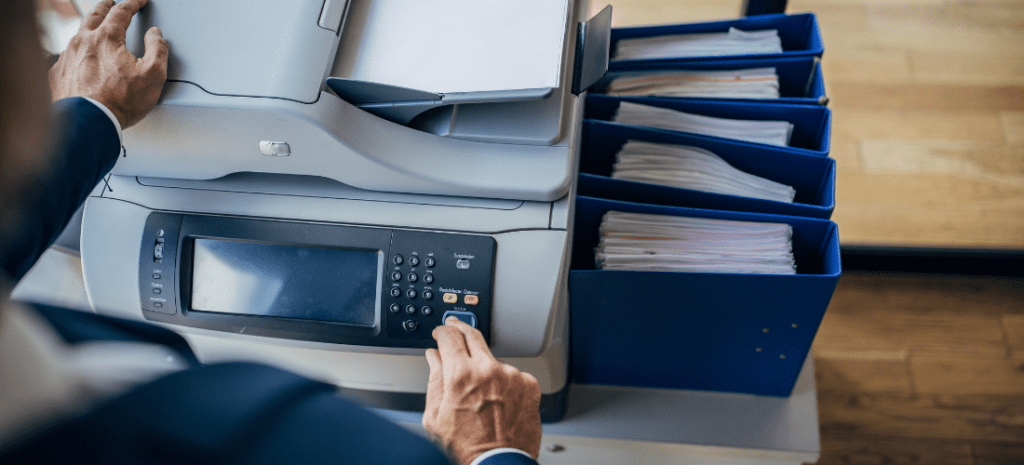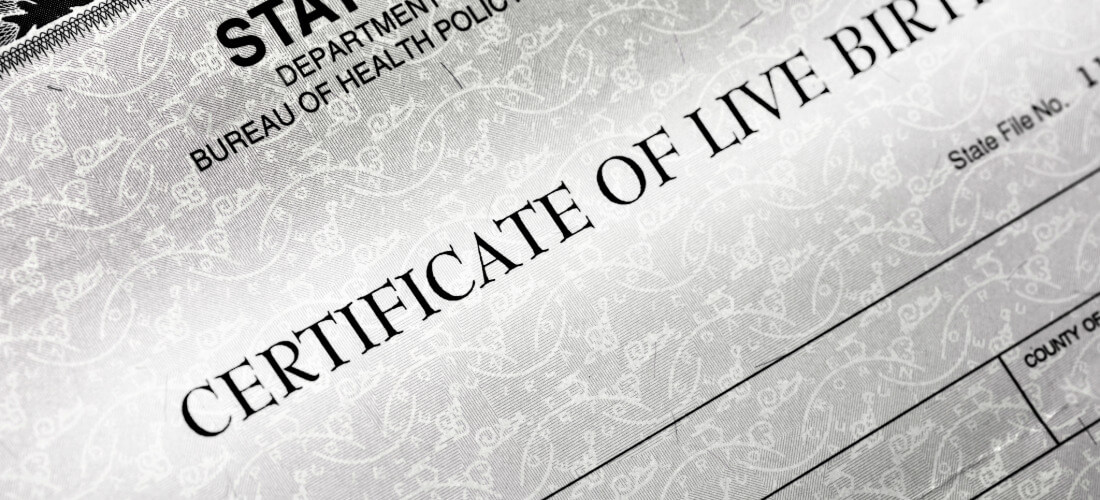
Over the past several years, there has been a trend in the corporate world as more and more offices go paperless and adopt a paperless document management system to keep track of all their important files.
This trend towards paperless is in part a result of the evolving digital world and cutting-edge technology that has made things like a reliable paperless document management system possible. Society’s push to be more eco-friendly has made a big impact as well.
Regardless of its influences, there are a variety of benefits that come with a paperless office, and the benefits of going paperless in the workplace aren’t solely reserved for the corporate world. Government agencies that opt to use a paperless document management system and greatly reduce their reliance on physical copies of documents have a lot to gain.
Benefits of a Paperless Document Management System
Saves Space
Whether stored in a filing cabinet, packed away in boxes, placed on shelves in an accordion folder, or stored in another manner, paper copies of documents take up a lot of space. The amount of space that has to be relinquished for the storage of physical copies is never-ending, and paper often piles up quicker than it can be stored in an organized fashion. This is especially true for governments considering all the permits, licenses, forms, and other important documents they handle.
Digitizing files using a paperless document management system takes up a lot less space, making this one of the biggest benefits of going paperless in the workplace for government organizations. These digital files can either be stored on the cloud or on an on-premises server.
Upgraded Security
Some may think that a paperless document management system is less secure than holding onto paper copies, but this couldn’t be further from the truth. Not only are physical copies of a document harder to track, but it can be more difficult to monitor who has access to them and if they’ve been copied or scanned. Paper document management systems come with built-in security that can confront these challenges.
Administrators can set up specific access rights for documents with more sensitive information and can be notified whenever a user accesses a document. Additionally, digitized files cannot be damaged by fire, water, or other kinds of disasters. Considering the importance of the documents a government agency is entrusted with, this is another one of the best benefits of going paperless in the workplace for them.
Increased Efficiency
One of the more obvious benefits of going paperless in the workplace is the increase in efficiency that can result from the change. Staff won’t have to spend time filing, organizing, and searching for physical documents and can easily search for what they’re looking for in a paperless document management system.
Additionally, because digitized documents are stored in a central location, government employees can have access to hundreds if not thousands of files without the need to leave the computer. This frees up time for more important work and makes staff more productive.

Makes Transfer of Information Easier
With a paperless document management system, employees no longer need to go find a document, make a copy or scan it, and then upload it to a computer when they need to share it. Software that governments already use, like Microsoft Office and Adobe Acrobat, can integrate with the system and have native plugins that allow staff to file documents and access them with just a few clicks.
The system can also compile files of practically any type – .docx, .pdf, .jpg, and more – and digital documents from scanners and mobile devices.
Environmentally Friendly
Another of the most obvious benefits of going paperless in the workplace is the impact it has on the environment. Or rather, the lack of an impact. The manufacturing of paper products leads to deforestation and impacts climate change, as the process produces greenhouse gasses that trap heat and lead to global warming.
Furthermore, paper accounts for more than 25% of landfill waste, and ink and toner are made from non-renewable resources that are damaging to the environment. Recycling paper can help but reducing paper altogether is a more sustainable alternative. A paperless document management system is something that can help government employees, the community, and the planet.









